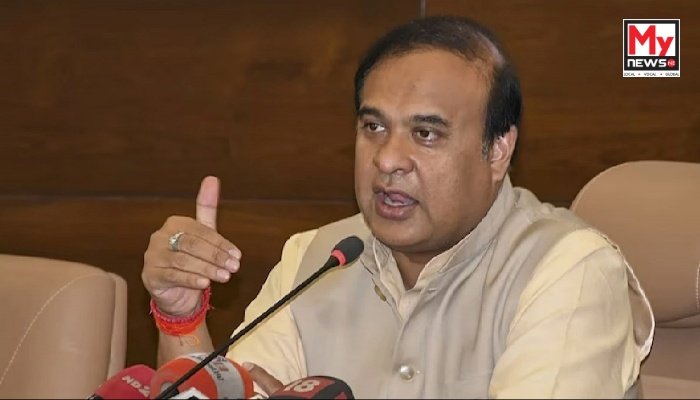Assam CM Delineates Eviction Policy: ‘Indigenous Occupancy Not Encroachment, Reserved for Suspected Foreigners’
Guwahati: In a significant policy clarification that has stirred fresh debate across Assam, Chief Minister Himanta Biswa Sarma has drawn a stark distinction between indigenous and non-indigenous settlers, declaring that only the latter’s unauthorised occupation of government land will be treated as encroachment. The Chief Minister’s remarks, made on Saturday, frame the state’s aggressive eviction drives as a targeted effort against suspected foreigners, particularly those of Bangladeshi origin.
Speaking to the press on the sidelines of a BJP gathering, Sarma asserted, “There are two types of encroachments. If indigenous people are living (unauthorisedly), then we don’t consider it as encroachment. Those who have come from Bangladesh, we consider only those cases as encroachments.” This statement provides a clear operational guideline for the state’s land administration and law enforcement, which are currently engaged in a large-scale clearing operation in the Golaghat district, where some 1,500 hectares of forest land are being reclaimed from what the government terms illegal settlements.
The Chief Minister’s comments not only reaffirm the government’s resolve but also define the demographic lens through which these operations will be conducted. Sarma stated his government’s commitment to continue these drives, specifically targeting “foreigners and doubtful citizens.” He added, “The places where foreigners and doubtful citizens are living, we will carry out evictions there. That’s our goal and we are proceeding accordingly.” This targeted approach has reignited old tensions surrounding land rights, citizenship, and ethnic identity, issues that have long been a political tinderbox in Assam due to the legacy of migration from neighbouring Bangladesh.
This latest development follows Sarma’s earlier announcement on July 25, where he had pledged to clear all encroachments from Village Grazing Reserves (VGR), Professional Grazing Reserves (PGR), Satras, Namghars, and forest lands in a phased manner. The government had previously claimed to have freed over 42,500 acres from encroachment in the last four years, with nearly 9.5 lakh acres still under illegal occupation. The Chief Minister’s selective framing of encroachment has been met with both support and criticism, with some observers warning that it could deepen communal and ethnic divides within the state.
As the Assam government intensifies its focus on land reforms and demographic scrutiny, the humanitarian and political ramifications of these policies continue to unfold, keeping the state in a state of flux and high alert.

